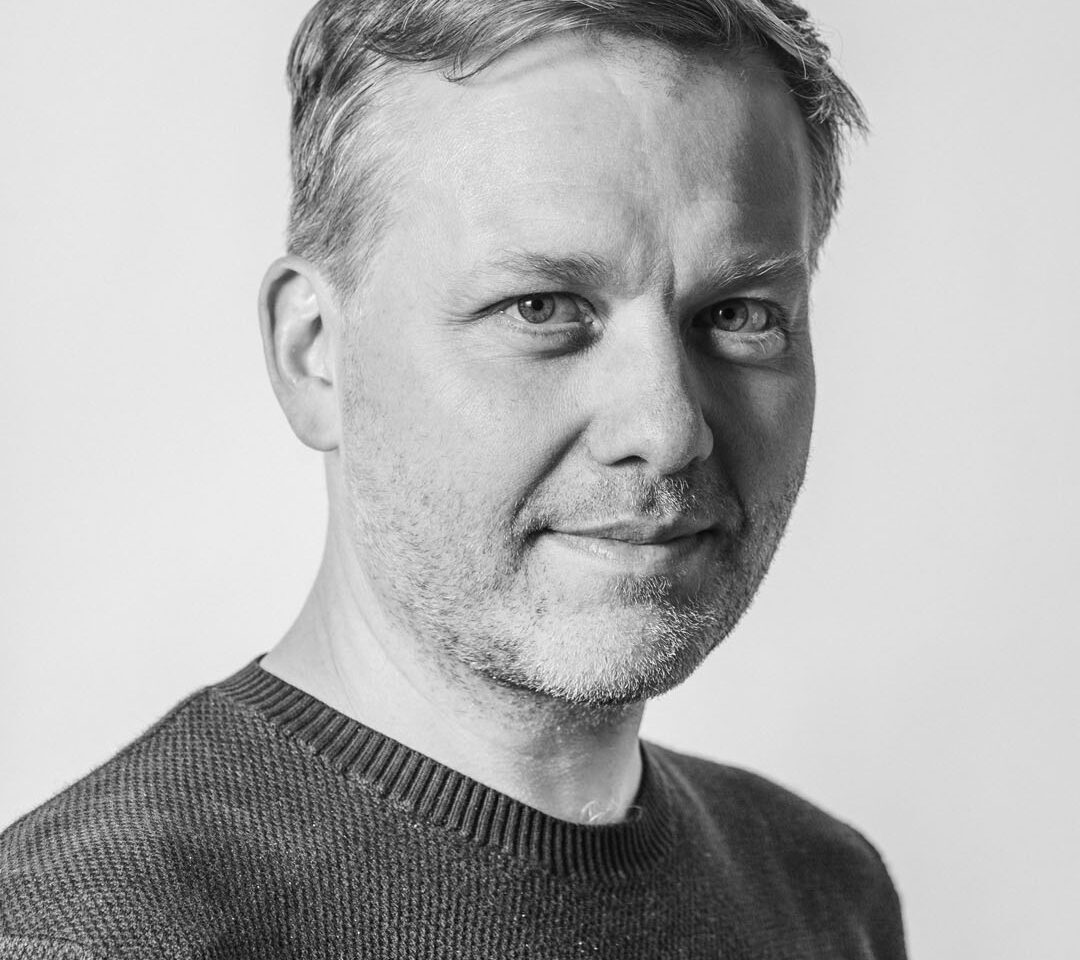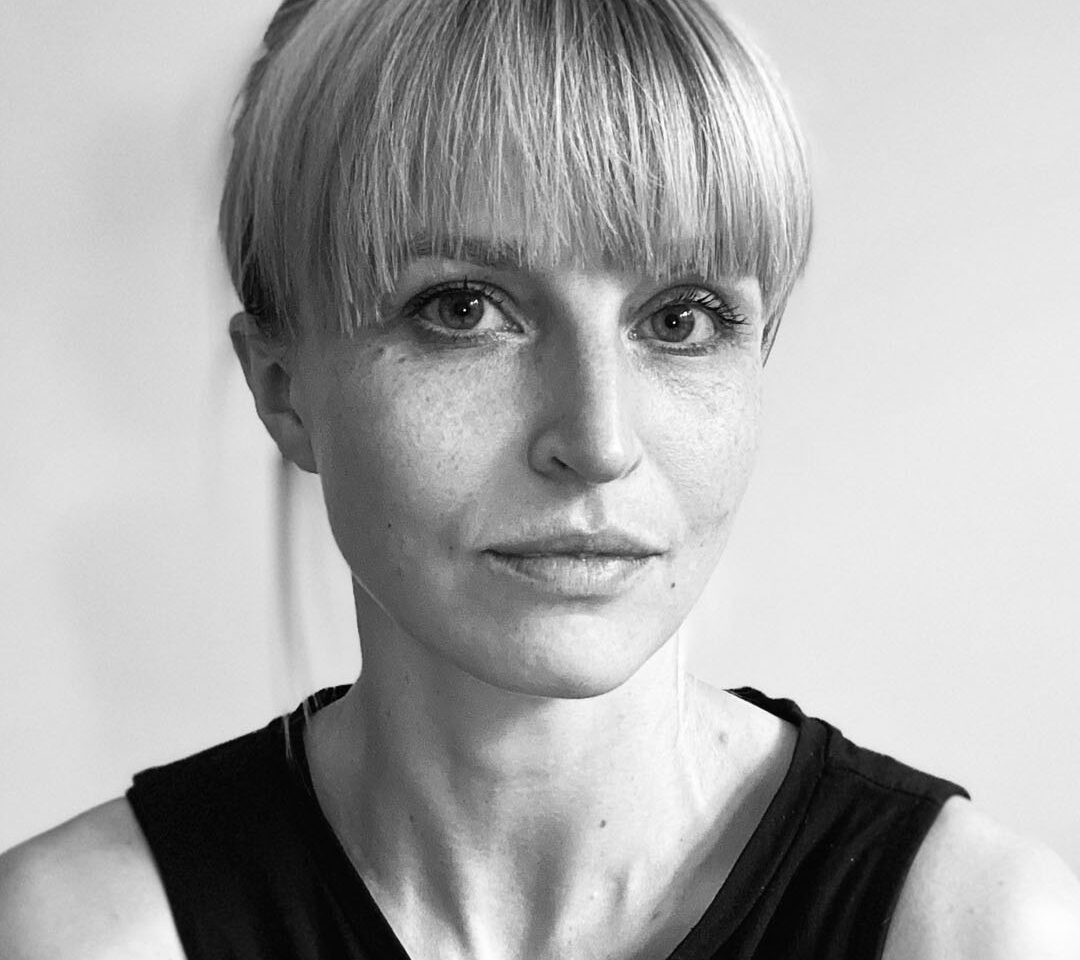At the turn of 2022 and 2023, we conducted a series of interviews with leading voices in the open movement. We spoke with professional activists who address openness from varied perspectives and work in different fields of open. Some have been engaged in activism for decades, while others are looking at it with a fresh set of eyes. Many of our interviewees lead organizations advancing openness, and we were particularly interested in talking with those who have been exploring new approaches and strategies.
Our research aims to understand the current state of the open movement, as seen through the eyes of people actively involved in its endeavors and leading organizations within the movement. We want to make sense of shared positions and understand whether there are any clear division lines. We are particularly interested in identifying trends that transform the movement and understanding the challenges and needs of activists and organizations as these changes occur. The report signals a shift to what can be best described as a post-copyright approach to openness. However, while our focus is on how the movement is changing, this does not mean that the whole movement is subject to that shift. There still exists a need for copyright advocacy work in the movement, and many organizations maintain the course developed at the outset. Nonetheless, we hope that they, too, will find this report’s insights worth examining.
At Open Future, we talk about the future of open and the need to redefine and reimagine some of our goals and activist strategies. We believe that having a perspective that connects the different fields of open activism is valuable. A shared movement identity and a shared advocacy agenda can make our collective effort stronger. With this study, we aim to see whether this perspective is shared and whether it can form a basis for building a shared movement agenda for the decades to come.
We are grateful to following people, who were interviewed for this study: Lila Bailey (Internet Archive), Carolina Botero (Fundacion Karisma), Justus Dreyling (Communia Association), Claudia Garad (Wikimedia Europe), Jan Gerlach (Wikimedia Foundation), Jennie Halperin (Library Futures), Heather Joseph (SPARC), Julia Kloiber (Superrr Lab), Angela Odour Lungati (Ushahidi), Stefano Maffulli (Open Source Initiative), Ton Roosendaal (Blender), Olivier Schulbaum (Platoniq), Paul Stacey (Open Education Global), Catherine Stihler (Creative Commons), Jeni Tenisson (Connected by Data), Michelle Thorne (Green Web Foundation), Harry Verwayen (Europeana), Emilio Velis (Apropedia), and Stephen Wyber (IFLA).
We would also like to thank others, who have provided valuable feedback and advice: Nicole Allen, Renata Avila, Anna Mazgal, and Mai Ishikawa Sutton.








